Introduction
Pre-anesthetic consultation
Before surgery, you will be required to see an anesthesiologist for a pre-operative assessment. The anesthesiologist will review your child's medical history and ask you questions about your child's family history, any allergies and lifestyle. At the end of this consultation, the results are recorded in a written document. The anesthesiologist will inform you about the most appropriate anesthetic technique for your child, will ask for any tests that he or she feels are necessary, and will then explain to both of you the instructions to be followed and the steps of the anesthesia chosen.
Is it Safe ?
Is general anesthesia risky for my child?
The risks of anesthesia vary with each child and the procedure being performed. In general, for a child who does not have a serious illness, the risk of complications from anesthesia is extremely low. It is difficult to estimate the probability of these risks because they vary greatly depending on the case. Indeed, a liver transplant in an 8 month old child does not present the same risks as a tonsil operation in a 5 year old child.
Nevertheless, it is safe to conclude that serious complications in pediatric anesthesia occur very rarely. The anaesthesia-intensive care team is trained to anticipate and deal with all eventualities.
Is It Possible
Local anesthesia for children: is it possible?
Local anesthesia is the practice of "numbing" a part of the body so that it does not feel pain. In adults, doctors can operate on people who have just a "numb" part of their body. This operation is usually performed on the knee, hip or hand for example.
However, local anesthesia requires that the child understands and has the patience to stay awake and relatively still during the procedure. There is no absolute rule in this matter, but in general, from the age of 7, local anesthesia can be proposed for short interventions.
When this option is chosen, the child is systematically perfused before the anesthesia is performed and the doctor injects a solution that allows him to calm down.
Potential Long-Term Risks
What are the potential long-term risks?
The long-term risks of anesthesia exposure are less clear. Currently, there is a great deal of research underway in this area.
Studies of large populations of children who have received anesthesia have shown variable results. Many show no effect of exposure to anesthesia for surgery. A smaller number of studies indicate a correlation with learning problems after anesthesia, but these have generally been associated with multiple exposures to anesthesia fairly early in life.
The largest study in this area concluded that a single exposure to anesthesia in early childhood had no effect.

